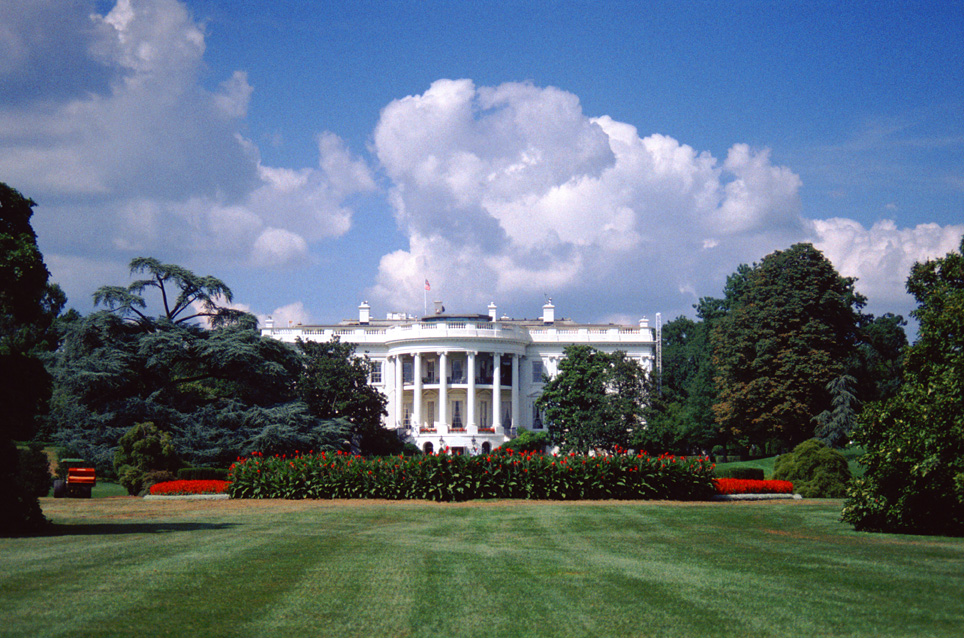
White House Says the Equality Act Needs To Better Protect Religion
Chelsea Langston
On November 10, 2015, the White House finally announced its support for the Equality Act, a bill in Congress that would add sexual orientation and gender identity to the other protected classes (race, color, religion, sex, national origin) in our classic federal civil rights laws. In the statement, the need to protect religious freedom simultaneously was identified—but in a rather weak way.
The Equality Act has a broad sweep. It would forbid in federal law sexual orientation and gender identity discrimination in private employment, housing, public accommodations (a category that would be expanded almost without limit), public education, federal grants and contracts, consumer credit, and jury selection. Introduced shortly after the US Supreme Court’s same-sex marriage decision, it quickly gained many Democratic co-sponsors and the approval of many progressive organizations. It has been endorsed by Democratic presidential candidates and by Vice President Joe Biden.
Yet the White House did not speak about the bill until three months after its introduction. Then White House spokesman Josh Earnest said that the Obama administration, while supportive of the intentions of the bill, was not prepared to endorse its specific provisions, pointing out, “There are significant consequences to this bill going into effect. It has an impact in housing law and other policies in the federal government, so it is something that is still being reviewed by the federal government.”
After a lengthy administration review, Earnest gave the qualified approval of the White House on November 10: “Upon that review it is now clear that the administration strongly supports the Equality Act… We look forward to working with Congress to ensure that the legislative process produces a result that balances both the bedrock principles of civil rights…with the religious liberty that we hold dear in this country.”
How should faith-based organizations and religious leaders interpret the administration’s statement? Cautious optimism and careful engagement may be the best approach.
Everyone concerned about the negative impact of the Equality Act on the exercise of religion in the domain of human sexuality can be glad that the administration took a long and careful look at the bill, notwithstanding progressives’ enthusiasm for it. The significant one-sideness of the bill is itself a good reason for caution; indeed, historic civil rights organizations such as the NAACP have had misgivings about the proposed surgery on classic laws that were adopted, in the main, to redress the wrongs of segregation and other mistreatment of African Americans.
The measured language of the administration’s endorsement of the bill also provides (some) reason for optimism. Earnest, after announcing the endorsement, said that the administration anticipated working with Congress to make sure that “the legislative process produces a result that balances” LGBT rights with religious rights. Does that mean that the apparent endorsement is highly qualified and that the White House will only support a bill that has strong religious freedom protections?
But notice Earnest’s language: what the White House is hoping for at the end of the day is a bill that finds a balance between “the bedrock principles of civil rights [and] the religious liberty we hold so dear in this country.” Thus, on the one hand, protection against sexual-orientation and gender-identity discrimination is encompassed in the fundamental principles of civil rights, but on the other, religious liberty, while held “so dear” is not one of the “bedrock principles of civil rights.” And yet religious freedom is both foundational to the Bill of Rights in the Constitution and one of the fundamental rights in the classic civil rights laws.
There is no good reason that Americans who are certain that LGBT rights deserve the same protections that people of different races and ethnicities receive should for that reason devalue the fundamental rights of religious exercise, both individual and institutional. Historically, first among our “bedrock principles of civil rights” is the right to practice religion. We do this individually and institutionally, privately and publicly, in ways that are inherently religious, like prayer, and in ways that are outwardly focused on serving others, like feeding the homeless.
Civil rights and religious liberty are not two opposing ideals to put into rhetorical contrast. The administration would have done a great service for the nation by using language that acknowledges religious freedom as a key civil right, not as something different or lesser. Our civil rights history cannot be understood without acknowledging how religion motivated people to seek justice.
There is no perfect legislative way to advance LGBT rights without some limitations on other rights, including religious freedom. But it is possible to advance the former without suppressing the latter. Earlier in 2015, the LDS Church in Utah worked with LGBT advocates on a legislative package that has been termed a “fairness for all” approach. While not a perfect solution, LGBT people gained needed protection from discrimination and religious organizations were assured protections that enable them to maintain their beliefs and practices—their freedom to serve as God has called them to serve. Our president and Congress ought to be aiming for an outcome at least this good.
